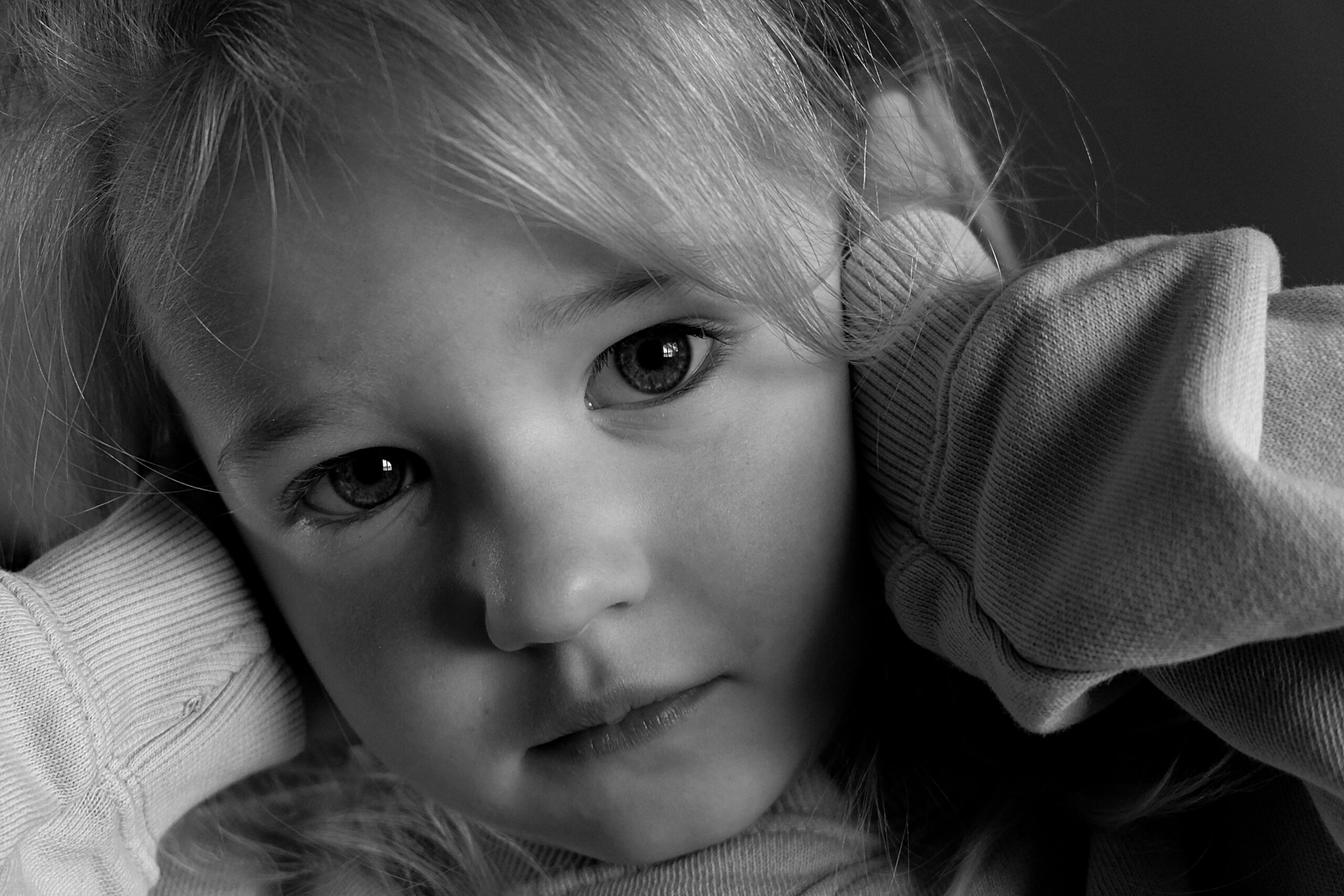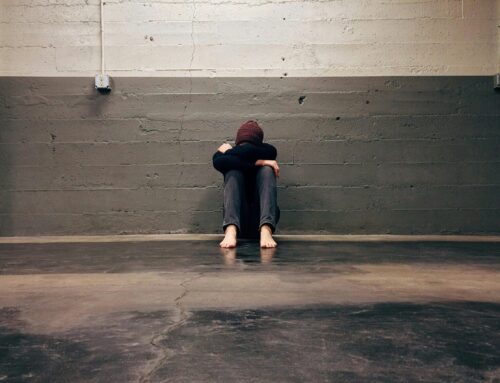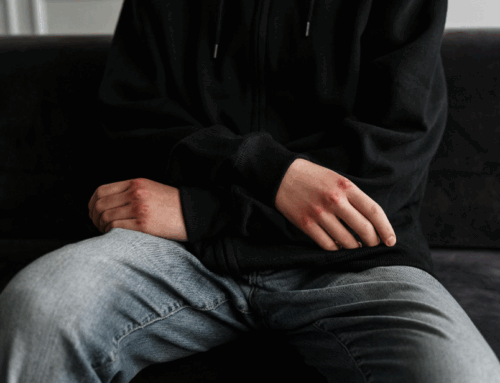Approximately one in 11 people are diagnosed with PTSD at some point in their lives. (1) Although this disorder is most often associated with adults — especially those who have faced things such as war, crime, and poverty — PTSD can impact children, as well. In this article, we will explore what PTSD is and how you can help your child after identifying this struggle.
What is PTSD?
PTSD is a mental health condition which can occur when an individual struggles to move forward after experiencing an emotional event. Traumatic events commonly occurring in childhood include:
- Car accidents
- Deaths in the family
- Abandonment
- Violence
However, every case is different. It’s important to consider your child’s emotional response to the event, rather than whether or not you feel the event is “big enough” to be traumatic.
Understanding Childhood PTSD
If you have an adolescent child, you might have a hard time understanding what they might have experienced to cause PTSD. It may seem as though they just haven’t lived enough life to experience trauma, but in fact roughly 8% of adolescents are diagnosed with PTSD. (1) Childhood PTSD can be identified in a few different ways than psychiatrists and doctors diagnose adults. Let’s take a look at some of the signs and symptoms below.
Signs and Symptoms
As you try to observe your child for signs of PTSD, keep an eye out for the following symptoms
- Anxiety
- Nightmares
- Difficulty concentrating
- Extreme mood swings
- Poor memory
- Overall difficulty controlling mixed emotions
Causes and Risk Factors
Identifying the cause of your child’s PTSD can prove to be one of the most challenging aspects of understanding this mental health disorder. Sometimes, PTSD is not triggered by a single emotional event, but rather accumulation of smaller experiences that build up into something big.
Some examples can include:
- Being exposed to violence such as abuse or bullying
- Struggling with social and emotional development
- Injury
- Feelings of helplessness
- Poverty and poor living conditions
While there is no one guaranteed way to prevent your child from experiencing PTSD, there are a few common risk factors to be aware of as a parent. School bullying, financial struggles at home, addiction in the household, and genetic mental health conditions can all have an impact on your child’s mental health.
Supporting Your Child
When it comes to diagnosing and helping your child through post-traumatic stress, it is important to consult with your child’s doctor or a professional psychiatrist to ensure you are providing the correct treatment plan. Help support them at home, be sure to create a safe talking environment so that your child feels comfortable opening up about their feelings and experiences.
A little reassurance can go a long way, too. Be sure that your child is aware that just because they are experiencing these emotions does not mean that you love them any less. Try to spend time together and plan activities that you enjoy to Foster your relationship while navigating this challenging period.
To get help from a mental health professional and start supporting your child on their journey to recovery, contact NeuroBehavioral Associates today.
Resources:
- What Is Posttraumatic Stress Disorder? – American Psychiatric Association






